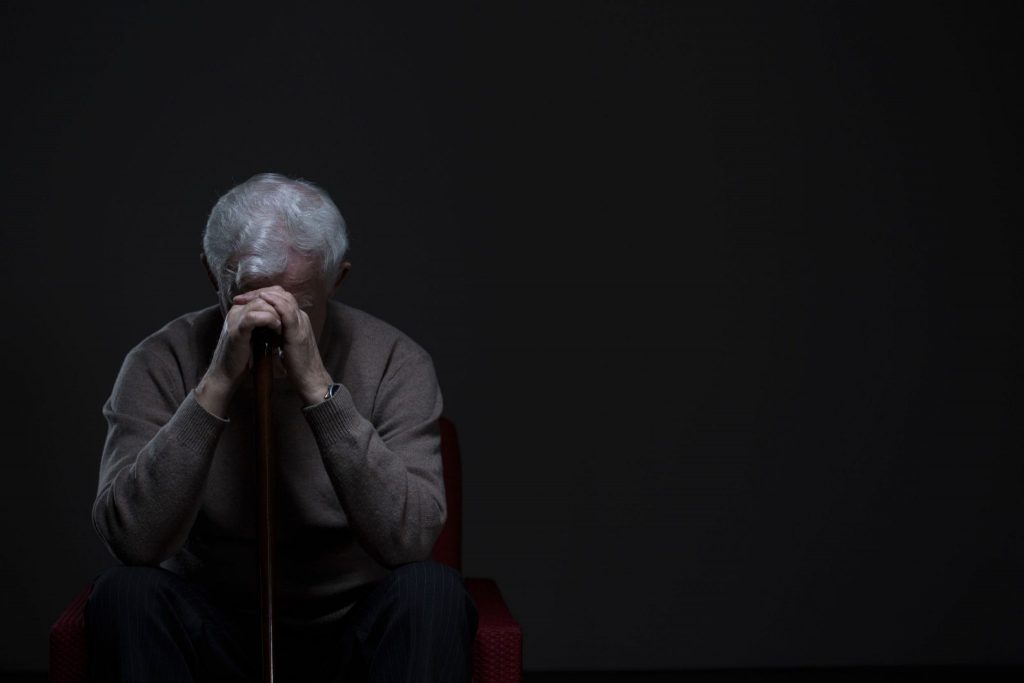The Aged Care Royal Commission held its latest hearings in Sydney. They took place between May 6 and 8 and between May 13 and 17.
The public hearing inquired into:
- the perspective and experience of people in residential aged care and people living with dementia, and their family and carers
- quality and safety in residential aged care, particularly for people living with dementia
- the use of restrictive practices in residential aged care
- the extent to which the current aged care system meets the needs of people in residential aged care
- good practice care for people living with dementia, particularly in the context of residential aged care.
Background – Dementia and aged care
Dementia is a significant issue for the Australian community, and particularly the aged care and health systems.
According to a background paper by the Royal Commission, dementia is one of the leading causes of disability for older people. In 2015, it was a contributing factor in approximately 15.8% of all deaths in Australia and in 2016, over half (52%) of people in living in residential care had dementia. Misunderstandings about dementia are common and knowledge about dementia treatments among the Australian public is reported as poor.
The need for improved, dementia-specific staff training in aged care settings is also explored.
Background – Restrictive practices
Another background paper by the Commission points out that the use of physical and chemical restraint in aged care is a contentious issue with many media reports highlighting accounts of physical restraint of residents and the overuse or misuse of psychotropic and other medication in aged care services in Australia.
Restrictive practices are a concern because they impact on the liberty and dignity of the care recipient and without consent, their use may infringe on an elderly person’s legal rights.
“The term restrictive practices refers to activities or interventions, either physical or pharmacological that have the effect of restricting a person’s free movement or ability to make decisions. Restrictive practices are commonly referred to in the context of residential aged care as practices that control the behaviour of a resident, which may occur with the intention of reducing risks to a resident or others,” the paper notes.
“Physical and chemical restraint can have significant adverse effects on a resident, both physically and psychologically. There are also fundamental questions about their effectiveness.”
The paper also notes that there is an emerging body of evidence and guidance on strategies and non-pharmacological interventions to negate or mitigate the need for restraint by managing the underlying causes of challenging behaviour.
The hearings
During the Sydney hearings of the Royal Commission there were harrowing accounts of older Australians in aged care facilities being administered strong antidepressant drugs without informed consent from their family. Disturbingly at least one nursing home admitted it had no policies around gaining consent for treatment from residents or their guardians.
There were also allegations of nursing homes “gaming” the system by pushing inappropriate treatments on to elderly residents to elevate them into more lucrative funding categories.
Another tragic story of a women called Vera who died in an aged care facility again highlights a lack of appropriately qualified staff in aged care facilities. Vera was only 70, but her condition had deteriorated rapidly after she was admitted to hospital for a broken arm, and, by the time she was placed into permanent care, she was suffering from malnutrition. But there was no record of the hospital discharge summary being received by the aged-care centre and it did not help or supervise her to eat.
Has this happened to you or a loved one?
If you or a loved one has been subject to restrictive practices or poor quality care in an aged care facility you can approach the Commission to provide evidence. Our expert, caring health law and elder law team members can also help you to determine if there a case to seek justice or compensation. Making formal complaints or litigating is an effective way to force aged care facilities to change poor practices for you, your loved one, and other people.
Next hearing
The next Royal Commission hearing will be in Broome from June 17 to 19. It will focus on care in remote areas, unique care needs of Indigenous Australians and issues of access and inclusion.




